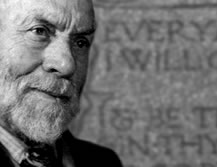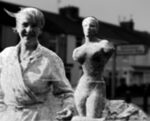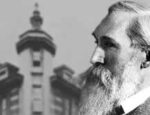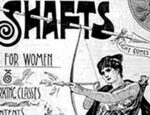Description
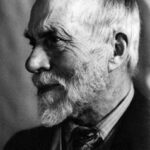 Meet Ernest Rhys, a coal viewer turned socialist poet and man of letters who was chiefly responsible for early-twentieth-century Britain reading good English translations of the best of world literature, including the Greek and Roman classics. Known primarily as the series editor of Joseph Malaby Dent’s hugely influential Everyman Library, Rhys – at the age of 20 – established the ‘Winter Nights Club’ in the coal village of Langley, Co. Durham, where he then lived and worked. He wanted to do something to remedy ‘the plight of the pitmen who had precious few resources of amusement after their day’s work’. So he got permission to turn a derelict miners’ cottage into a clubhouse with a reading room and library. He recalls years later that he ‘even drew up a catalogue of the books I meant the pitmen to read, and you may laugh to hear that Plato’s Republic was one of them’.
Meet Ernest Rhys, a coal viewer turned socialist poet and man of letters who was chiefly responsible for early-twentieth-century Britain reading good English translations of the best of world literature, including the Greek and Roman classics. Known primarily as the series editor of Joseph Malaby Dent’s hugely influential Everyman Library, Rhys – at the age of 20 – established the ‘Winter Nights Club’ in the coal village of Langley, Co. Durham, where he then lived and worked. He wanted to do something to remedy ‘the plight of the pitmen who had precious few resources of amusement after their day’s work’. So he got permission to turn a derelict miners’ cottage into a clubhouse with a reading room and library. He recalls years later that he ‘even drew up a catalogue of the books I meant the pitmen to read, and you may laugh to hear that Plato’s Republic was one of them’.
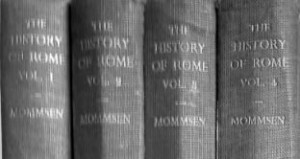 After qualifying as a colliery manager, to his father’s dismay, he moved to London and a literary life of a penniless reviewer and editor of books. Constantly struggling to pay the rent, when he needed to ‘pass as a gentleman’ he had to buy his dress clothes back from the pawnbroker. The Everyman Library, launched in 1906, was his greatest legacy. And behind it was an abiding commitment to change the world for the better, summed up neatly by Rhys himself when he wrote: ‘If only Everyman had been the guide of a New Europe in that year of grace, there need have been no war in 1939. Such volumes as Plato’s Republic (and Symposium)… [and] Mommsen’s History of Rome… provide a testament of civil liberty, political wisdom, and a mental gymnastic, which had he been put through ‘a course of them’ would have prevented the author of Mein Kampf from writing that book.’
After qualifying as a colliery manager, to his father’s dismay, he moved to London and a literary life of a penniless reviewer and editor of books. Constantly struggling to pay the rent, when he needed to ‘pass as a gentleman’ he had to buy his dress clothes back from the pawnbroker. The Everyman Library, launched in 1906, was his greatest legacy. And behind it was an abiding commitment to change the world for the better, summed up neatly by Rhys himself when he wrote: ‘If only Everyman had been the guide of a New Europe in that year of grace, there need have been no war in 1939. Such volumes as Plato’s Republic (and Symposium)… [and] Mommsen’s History of Rome… provide a testament of civil liberty, political wisdom, and a mental gymnastic, which had he been put through ‘a course of them’ would have prevented the author of Mein Kampf from writing that book.’

